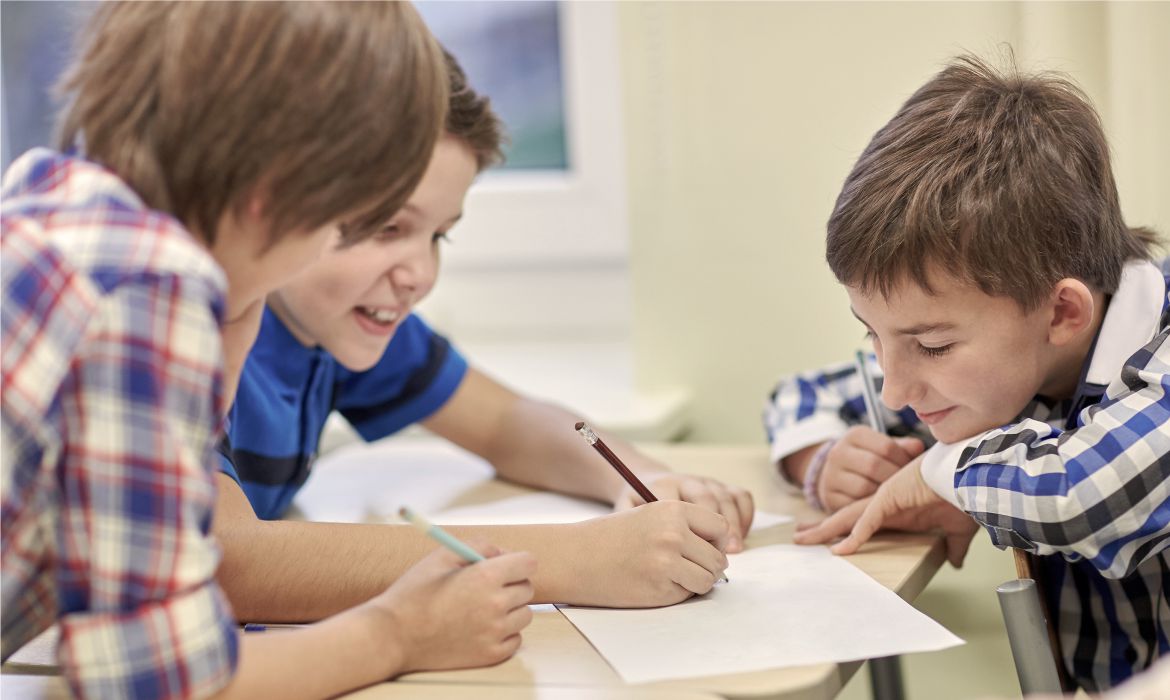
Quality Assurance
- I am qualified Counsellor / Psychotherapist
- 11 years experience working with and counselling children and young people
- I am a Registered and Accredited Counsellor / Psychotherapist with the BACP (The British Association of Counselling and Psychotherapy)
- Play Therapy I hold an Associate membership with PTUK (Play Therapy UK)
- I hold Therapist Insurance and an up to date enhanced DBS expires 2020
- I have a certificate, Safeguarding in Education which expires 2019
- All outcomes for young people accessing counselling are recorded and monitored
- I attend monthly Clinical Counselling Supervision
Why have Counselling in a school or college?
Like most of us, children and young people can find that their ability to concentrate and /or their behaviour is affected when they are trying to deal with difficult issues. Providing a safe and confidential space to explore what is happening in their life, can enable a child / young person to understand and process the event or what they are experiencing which then supports the young person in achieving their full potential both personally and academically.
Counselling can be used very effectively as an early intervention strategy to prevent the deterioration of a young person’s emotional health and well-being. The more entrenched the issues that a young person is dealing with the more difficult it is for counselling to be used as a preventative measure.
When Counselling can help
- When parents are going through a divorce or separation
- Relationship difficulties with step siblings and step parents
- When there is evidence in a change of behaviour – becoming withdrawn or disruptive
- Following the death of a family member, friend or pet
- After a traumatic event
- When there are difficulties with friendship and /or bullying
- When a young person is angry, erratic, when mood swings are present or signs of depression
- When there is knowledge or suspicion of some form of abuse, neglect or domestic violence
- When a young person is self-harming
- Eating disorders
- Anxieties, panic attacks and stress (exam stress)
- When a young person is new to the school, area or country and are struggling to settle in
- When there are identity issues – gender and/or cultural
- If there are health or disability issues present
- When a young person refuses to and will not engage with other services
What are the benefits of providing Counselling for students?
For young person, the benefits can include:
- Improved self-esteem
- Improved self-worth and confidence
- Improved health and emotional wellbeing
- Promotes resilience
- Improved peer and family relationships
- Improvements in attendance
- Improved behaviour
- Better attainment / achievement
- Reduces self-harming
- Reduces the risk of depression, eating disorders and suicide
Safeguarding and confidentiality issues
At the beginning of any work, a contract is set up between the young person (Primary school consent from parent) and the counsellor explaining the boundaries of confidentiality and the exceptions. It makes clear that should a young person be considered, to be at risk of harm from others or to themselves from information disclosed, I will share with the designated safeguarding officer in school to keep the student as safe as possible.
What information will be share with the school and parents?
Within the boundaries of confidentiality, I will look to share strategies and information that does not compromise the integrity of the work that is being carried out with the young person. Should I believe it would be beneficial, I may work with a young person to empower them to share information with their family or with the school themselves rather than speaking on their behalf. I do recognise how frustrating confidentiality can be for schools and colleges and as such I aim to work confidentially but not in isolation.
Working as a School Counsellor I am committed to delivering a quality assured therapy that provides young people with a safe and confidential space to work through any issues they may be experiencing. Through counselling I aim to empower young people to find their own way of dealing with their thoughts and feelings.
School and College Counselling
Counselling young people is very different to counselling adults. How I work will depend on the young person’s age, their development and any specific difficulties. Many people may think that counselling is about talking to our problem. It is however more about listening although some young people are unlikely to talk for 50 minutes about their problems. I therefore may use other methods to enable the young person to explain what is happening for them. We may write or read stories, draw, play board games and use sand trays. We know Play and Art are important mediums which young people are comfortable in using to express themselves. My work is often non-directive, meaning I accept whatever they bring to me in each session and work with that.
Other Counselling Services

Counselling and Psychotherapy
The focus of my work is to enable you to have the best life you can. It is important to me to offer you a safe space where...
Read More
Individual and Group Supervision
I am a qualified Clinical Supervisor who offers individual and group supervision to professionals ranging from students in...
Read More